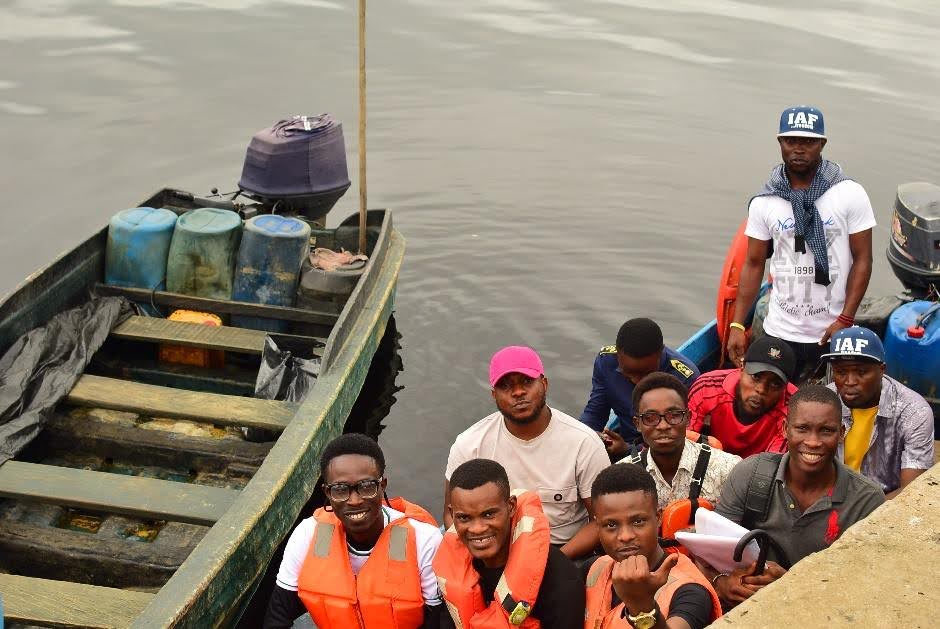
Peter Kiladejo

Peter Kiladejo
In 2019, I was received at the palace of the Mese Community Monarch in Ilaje, Ondo State, Nigeria. Today, that palace has been swept away by the sea.
Ìlàje is a region in Nigeria that is richly blessed as an oil-producing hub. The area also shares borders with nearby big cities including Lagos, regarded as the biggest economic center in West Africa.
According to a community monarch in the region, life was once normal and fair, and years passed with residents living peaceful lives. This was until oil exploration came to the scene.
Ìlàje, the only oil producing region in Ondo State is one of Nigeria’s biggest repository of investments considering the tonnes of crude oil produced daily produced in the region. Unfortunately, the eventual outcome of these activities also kills both the green and blue economy.
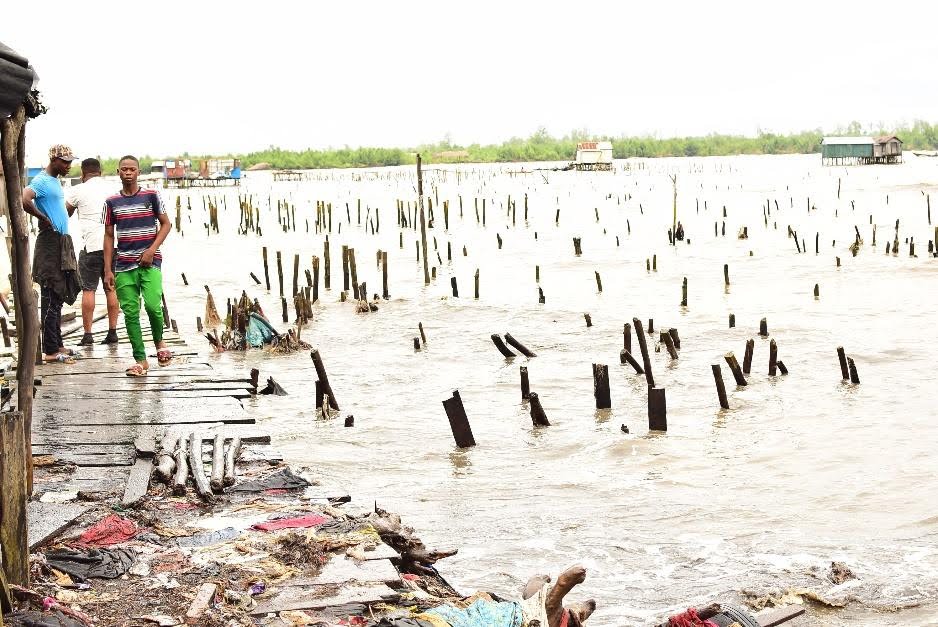
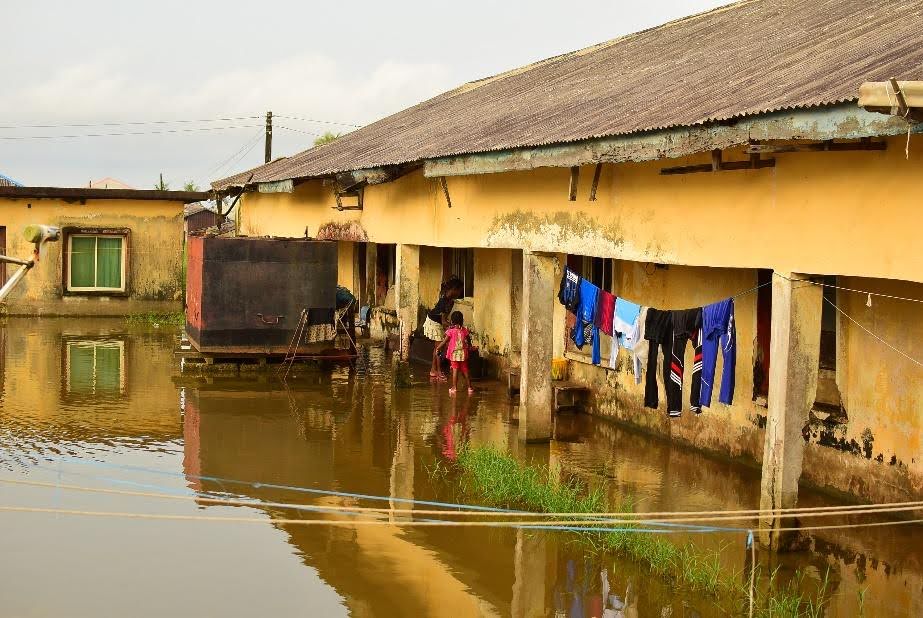
Scientists and environmentalists in recent years have confirmed that these activities have exacerbated the impacts of climate change on rising sea levels, causing many residents to grow anxious about the safety of their region. Local leaders have reported that their physical environments are complete shadows of how they used to be. In many places, the ocean now resides by people’s windows, threatening to take entire homes away. Where there were once beaches, now they are replaced by mud.
It was like a nightmare for the residents of Ayetoro, Mese, Awoye and Gbagira, communities of Ilaje, around March 2019 when they experienced an unusual sea incursion which came in the middle of the night to displace the dwellers of their abodes.
To make things worse, despite the oil richness, the Renegotiated Global Memorandum of Understanding signed in 2016 by Chevron — the oil company most prominent in the area — has not ensured adaptive infrastructural measures for the region.
In 2019 I knew I had to get involved. I launched the #SAVEILAJE campaign in collaboration with the International Student Environmental Coalition and Ìlàje Advance Forum, a youth led organization in Ìlàje Region. The goal was to act on the United Nations Sustainable Development Goal #13 and “Take urgent action to combat climate change and its impacts.”
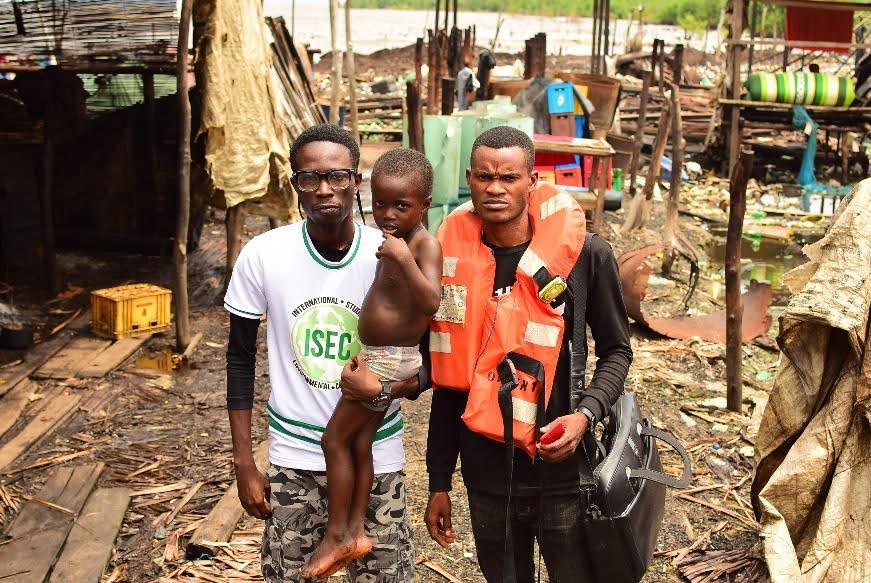
The campaign involved four major affected communities in Ilaje which gave me the opportunity to sail through the coastal region to gather my facts and speak with community members. One thing that stuck out to me, was that Ìlàje communities know that their immediate problem is sea incursion but unfortunately, many adults in the area didn’t really know that the root cause of the intruding sea water was climate change.
I spoke with youth leaders across the four severely affected communities in Ilaje who all lampooned the current situation, laying the blame on Chevron and the government responsible for oil drilling in their region. Although they had more understanding of climate change than some of their elders, they were more concerned with the injustices occurring, especially surrounding the failure of the company to honor the agreement signed with Ilaje Regional Development Committee.
“50 Years ago, everything in this community was good… (It had a) serene and peaceful environment until the oil companies came to start oil exploration. They started following their process with a disguise of making our communities better. Little did we know that they came to bring our communities to doom.” said Baale of Mese Kingdom. Baale is the community monarch of Mese Kingdom who has lived all his life in the community. He occupies the supreme office in the community.
“The fish in the water are reducing, likewise other water resources. The sea keeps encroaching (on) our abodes, destroying our properties. The oil companies are supposed to provide infrastructure, potable water, electricity but they have not done any of these. Should I have the opportunity to stop their activities, I would sign the paper,” Baale said.
I have been in constant touch with Ìlàje youth organizations to access accurate data which will enhance more knowledge on the rate, time, and season at which the sea sweeps off the settlements in order to be familiar with tracking evolving details on this recurring environmental issue. Mayokun Iyaomolere, a fellow environmentalist who is a native of Ìlàje has been monitoring the collected data. The data provides updates on the current situation of Ìlàje region.
I have also been an active advocate of Ilaje people. Although I have grown more discouraged that my advocacy is being heard in the government, some actions have happened and they are beginning to act. Some few months ago, the Governor of Ondo State in an interview sought the assistance of international organizations to join the state in finding solutions. I have also been taking every opportunity to teach the people of Ilaje on climate education.
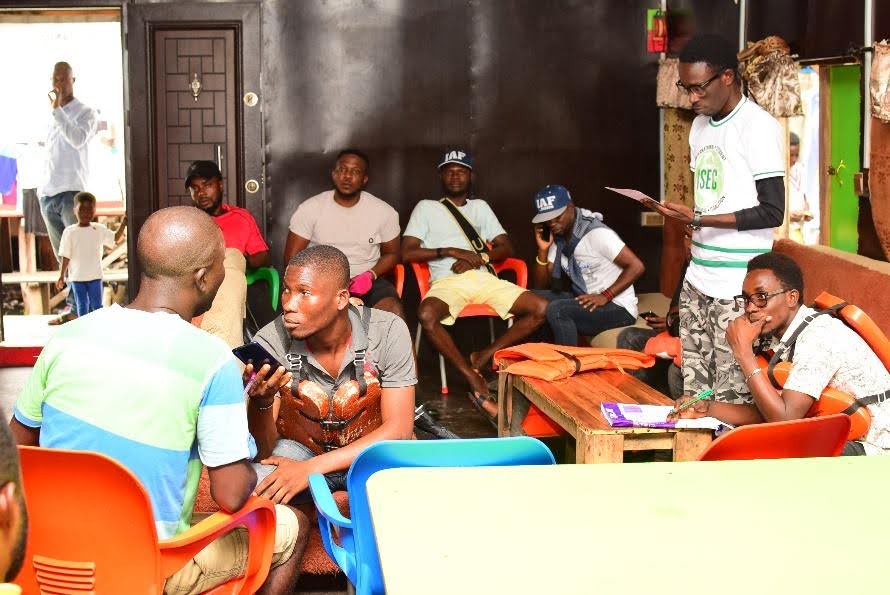
More funding and infrastructure are needed to keep these communities safe and less oil drilling is needed to slow the effects of climate change on the sea level. Governments must act and citizens must be educated on the issue so that their voices may be heard. Unfortunately for now, the situation in Ìlàje continues to worsen and oil exploration continues. I hope the government takes quick steps and involves the appropriate sectors in providing sea embankments as is done in other coastal regions such as Bonny Island in River State, Brass in Bayelsa, Eko Atlantic in Lagos State and more. More so, climate change education curriculum should be provided especially for the students of Ilaje region. This will help the younger generations in the region to prepare for climate impacts.